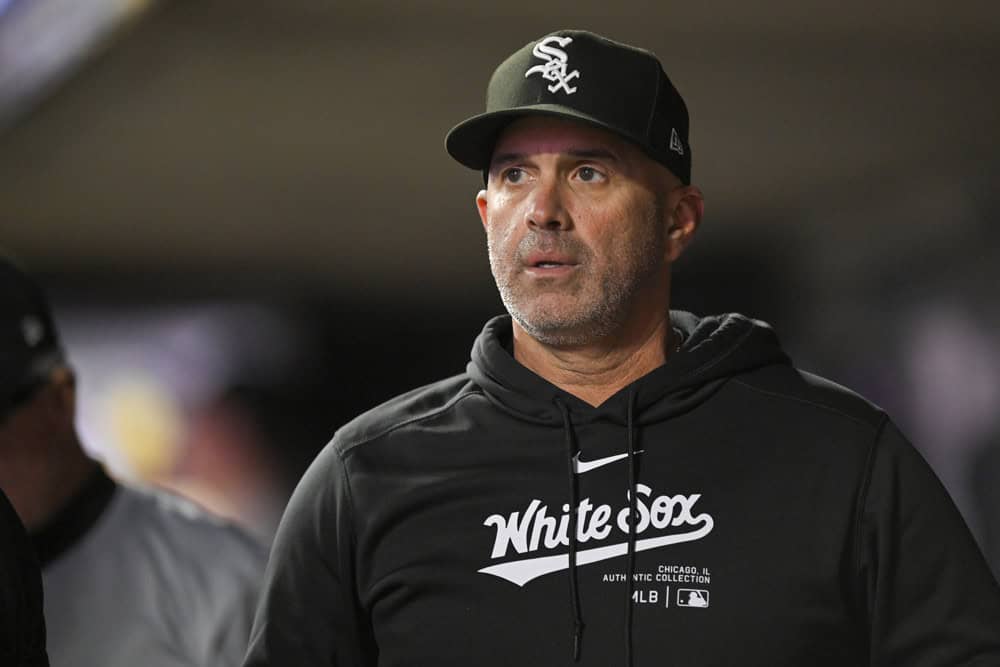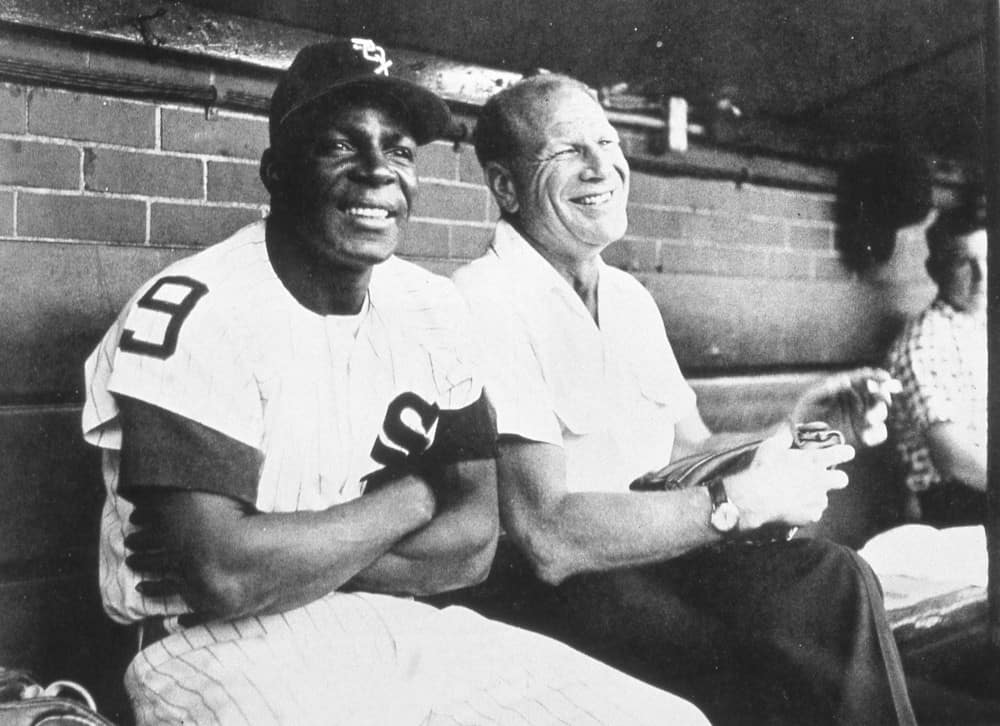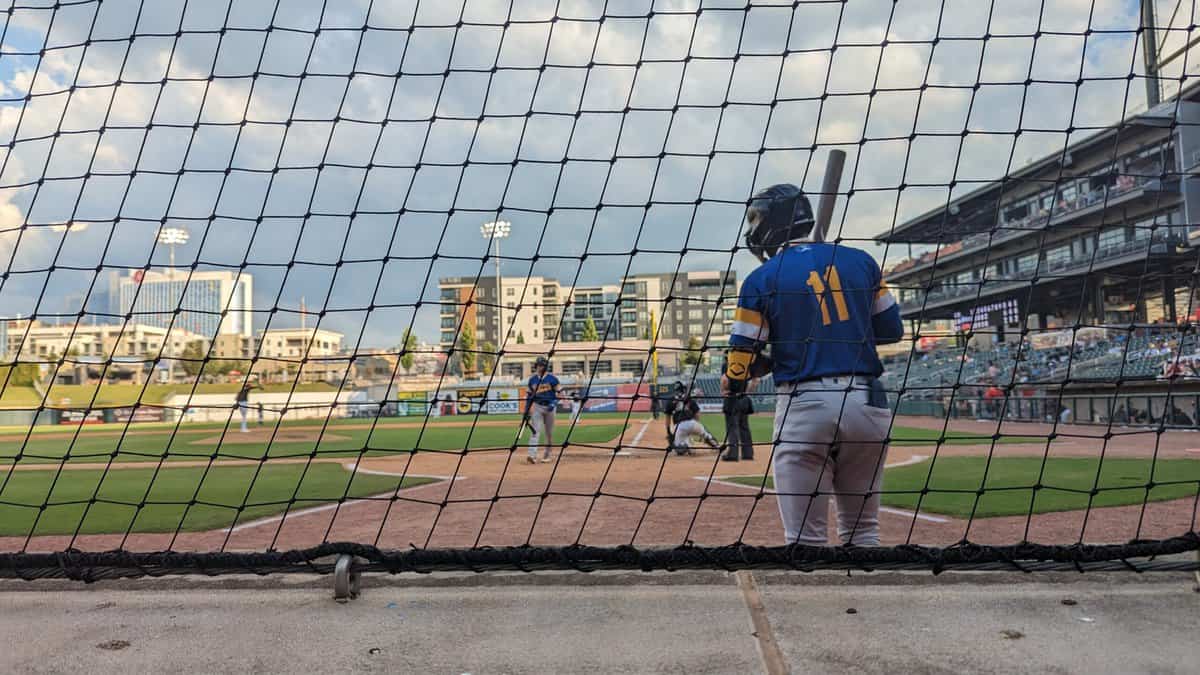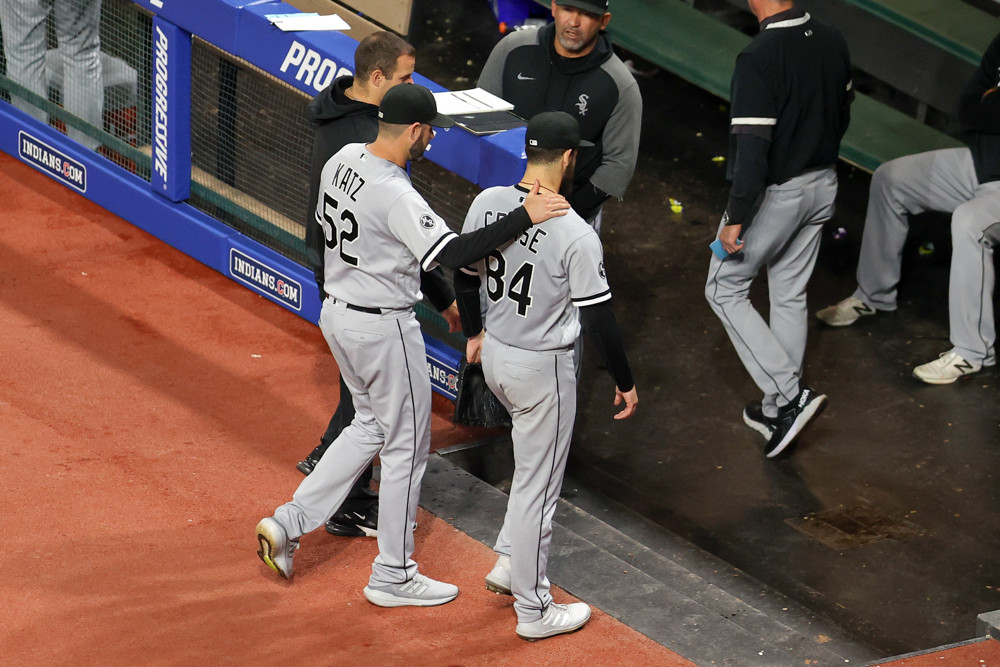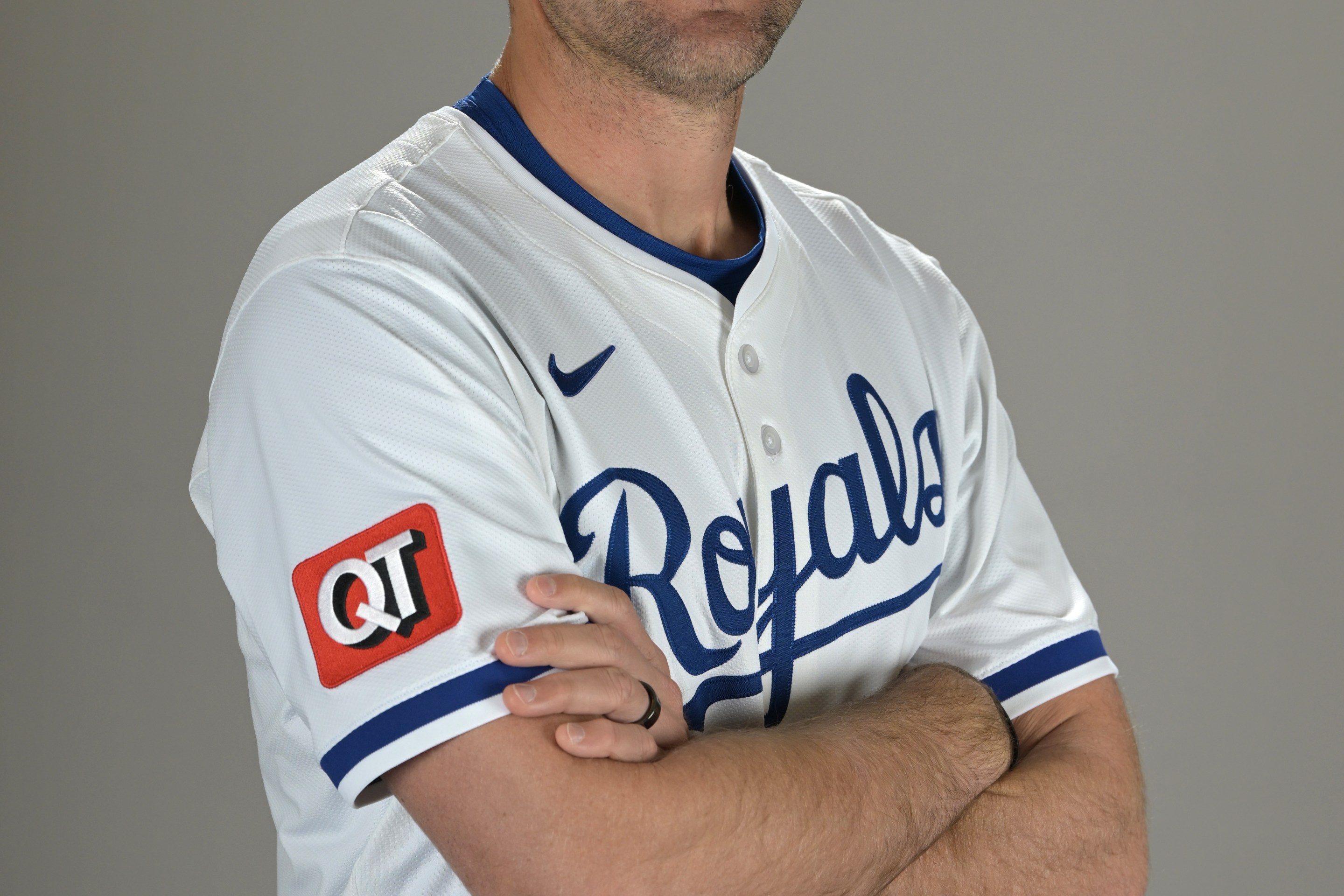MINNEAPOLIS -- There's an irony felt by White Sox players, especially holdovers from previous seasons, amid the daily questions about how they are handling the worst start in franchise history as a group. All of them have been in much worse clubhouses than this one; groups that butted heads or just spent no more time together than they had to, and obviously won a lot more.
"We still have fun, we still enjoy each other off the field," said Nicky Lopez. "We're still going to get dinner. It's not a bad group, we're not all going our separate ways. We're all still close. We're a hot stretch away from getting this thing going but right now it's just a little tough."
"We don't really have a problem with keeping things upbeat," said Michael Kopech. "We're kind of knocking our heads together right now because it's a pretty brutal skid we started with, but the team really enjoys each other. The guys come in and hang out together and talk about baseball, talk about life and enjoy having each other's company. The energy is actually pretty good, it just sucks that we're losing. When that turns, I think there's a lot of fun in this clubhouse."
For at least seven innings Tuesday night, while most Minnesotans were eyeing the game across the street, it looked like things might turn.
A clearly off-kilter Pablo López helped, but Eloy Jiménez's timing is coming together enough for him to keep a hanging curveball fair for his second home run in three days. He even stole a base by way of extreme Twins defensive negligence, and the best version of Jiménez forms something resembling an actual threat in the middle of the Sox order with still hot Gavin Sheets. Andrew Benintendi provided actual cushion with the team's first clutch two-out hit with runners in scoring position since seemingly last June, and with Jordan Leasure, Steven Wilson and Michael Kopech all relatively fresh (Wilson was working back-to-back days), the Sox were primed to be the last team in MLB to reveal their ideal relief leverage ladder, to whatever extent a three-win team has one, in a traditional save situation.
Instead, it all just served to add questions about whether heartbreak is better than uncompetitive annihilation to the postgame mix, on top of the normal questions about how unprecedented amounts of group failure affects group cohesion.
"That’s baseball," said Steven Wilson, not wanting a check-swing bloop double or getting squeezed take center stage over him throwing back-to-back fastballs to Byron Buxton for a blown save. "It’s come to the field every day, get your work done, and go out in the field and do your job. I see things pretty black-and-white, and tonight I didn’t do my job."
"This is probably the hardest-working group I've seen in my career," said Martín Maldonado. "They are working their ass off. They are working day in, day out, and I haven't seen anyone quitting. Every day they're putting the work in together. This game is hard. It's hard and I keep believing in myself, I keep believing in every single person."
Maldonado's comment, leveraging his championship-laden resume to vouch for his colleagues on a last place team, is the sort of gesture that helps explain some of the great affection felt for him across the league. It also leads the mystery of this team into an unflattering direction amid his own statistical struggles: If this group is working hard and pulling for each other and still playing the worst baseball in the league, is the team just too poorly assembled to work in any fashion?
"It’s not been easy," Jiménez said. "You don’t want a loss every time you go outside. We try to improve our work together. We’ve been doing it. The results have not been there, but we’ve been working really hard. So I know this is not going to be like that forever."
Even with the White Sox offense underperforming the most meager projections and making winning literally impossible in over a third of their games, adding distress to this recent five-game skid is the pitching and defense that were supposed to be the bedrock of a more pleasing brand of White Sox baseball have faltered.
Erick Fedde's career-best 11-strikeout performance reversed a trend of Sox sinkerballers not pitching up and in enough to stave off damage from left-handed bats, only for low fastballs to Trevor Larnach and Alex Kirilloff to fuel two of the stinging blows on Tuesday night. You never want multiple usages of the term "honeyhole" when describing pitch locations in postgame scrums, if you can help it.
The Sox targeted defense in lieu of having the budget to add impact bats in the offseason, but entered Tuesday night tied for the fourth-worst fielding percentage in the sport. Their outfield throwing arms are regularly exploited, and missed cutoff men regularly provide opportunities for extra bases for the opposition. Touted as a former Gold Glove winner upon arrival, Benintendi was rated near the bottom of the league for outfield range by Statcast, before a late read made any play on Ryan Jeffers' momentous check-swing bloop double in the ninth impossible.
"That catch was a 20-percent probability catch," Pedro Grifol said. "We’re playing no-doubles, way back there. It hit about a foot away from the line. It would have been a hell of a catch if he made it. I don’t think he should have caught that ball. Again, it is a 20-percent catch probability, so it was a 20-percent chance to catch that ball."
By nature of the job itself, by nature of injuries robbing them of the players that would make their defense functional in Luis Robert Jr. and Yoán Moncada, by nature of how much longer it will take for the front office to effect their own meaningful changes at the current payroll level, the scrutiny falls upon Grifol on a day-to-day level. If nothing about the team ever winds up looking the way it was sold to be, coaching always wind up bearing the brunt.
In the scheme of baseball, but also Grifol's tenure, flip-flopping his setup man and closer--if a three-win team can even claim to hold such formal roles--as he did to tragic results on Tuesday isn't firm ground for ire. A tape-measure home run reducing the lead to a run is decent reasoning for scuttling plans for a two-inning Kopech save. There's a sound swing path argument in wanting Kopech's high four-seamers for a slate of left-handed bats, and Wilson's sweeper-heavy attack for the right-handed Buxton.
"Our guys battled their asses off," Grifol said. "It looked like we were going to close it out. But we couldn’t get it done."
They never quite can. On a confounding team that largely says the right things, that's the one through-line.
